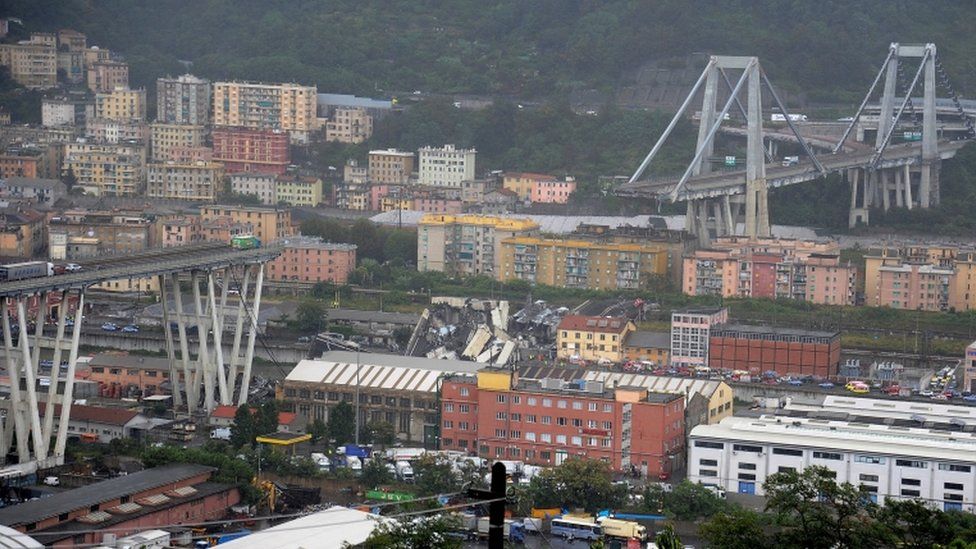Starting today, PG&E is shutting off power to different areas of California, affecting some 800,000 households. According to the company, this is a necessary preventive measure to avoid a repeat of the devastating wildfires that have afflicted the state these past few years.
Imagine that, an electric company is unable to provide electricity.
Vast swaths of the Bay Area are effected by the scheduled blackout: the Caldecott Tunnel, one of the busiest thoroughfares in the region, will be shutdown due the lack of electricity to run the ventilation system; UC Berkeley and other colleges have cancelled classes for at least a day (must be nice); residents in affected areas are battening down the proverbial hatch: filling up the car and buying emergency supplies. It’s as if we’re preparing for a disaster event, but one that’s self-inflicted.
People are finding it entirely dubious (me included) that PG&E must resort to such tactics, endangering essential services and affecting the everyday lives of people in over half of California. It truly asks the question: why aren’t they instead spending resources towards overhauling the supposed old and frail electric infrastructure? Again, it really rings it home to say it again: an electric company is currently unable/unwilling to deliver power to its customers; I feel like we’re all made to suffer for PG&E’s own incompetence.
At least the company has setup “resource centers” to help people in a pinch when the power goes out, though according to the pictures, the accommodations look like it belongs at the Fyre Festival.
I have to be clear that I am definitely not advocating or showing nonchalance towards future wildfires: I think it’s important to be proactive in preventing the next big one. However, what PG&E is enacting the next few days just doesn’t seem like an appropriate solution, for the short and long term. No doubt bankruptcy proceedings is hampering the company from investing the huge amount of capital required to overhaul the grid, but either them or the state government will have to take on that challenge sooner or later.
Having to resort to rolling blackout, that we don’t even know for sure is preventing anything, is downright embarrassing.
Baby steps, baby steps.

